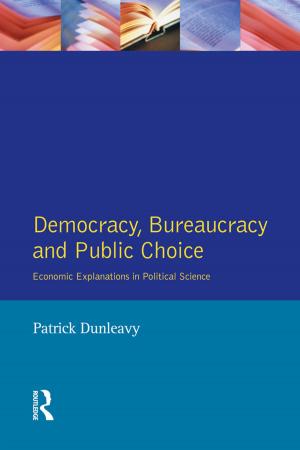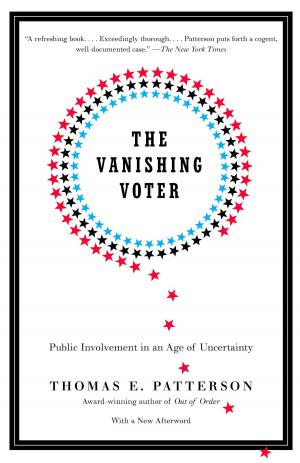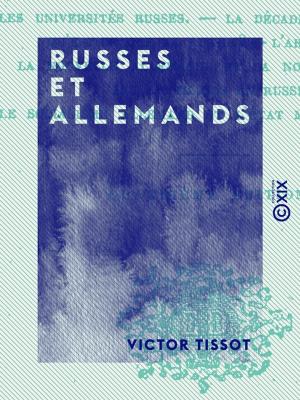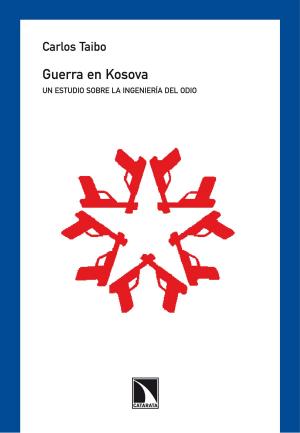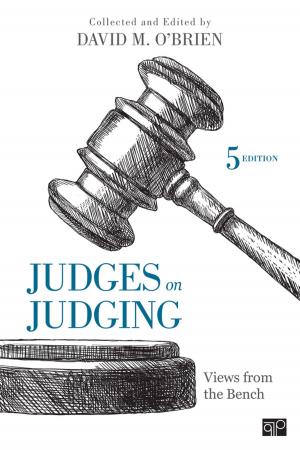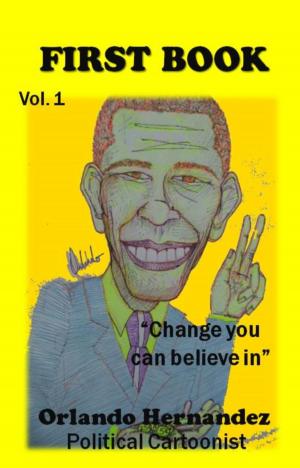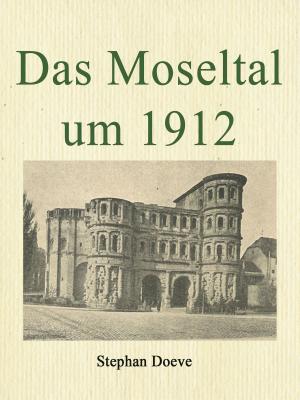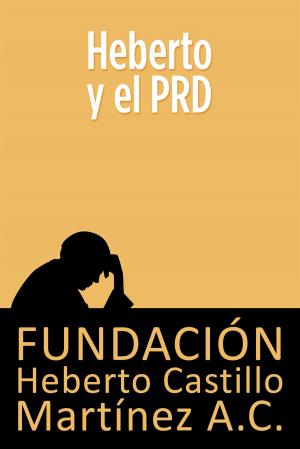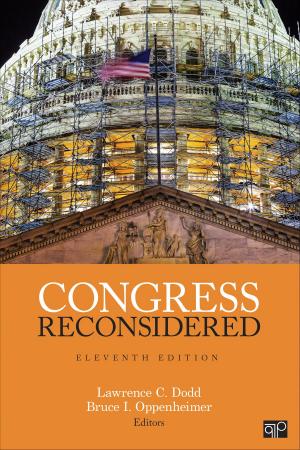Call to Virtue
Republics of Character from Rome to 1776
Nonfiction, Religion & Spirituality, Philosophy, Ancient, Social & Cultural Studies, Political Science| Author: | Kim Mayyasi | ISBN: | 9780996057523 |
| Publisher: | Wayside Institute | Publication: | March 1, 2016 |
| Imprint: | Language: | English |
| Author: | Kim Mayyasi |
| ISBN: | 9780996057523 |
| Publisher: | Wayside Institute |
| Publication: | March 1, 2016 |
| Imprint: | |
| Language: | English |
The American republic was the Enlightenment’s greatest experiment, an attempt to institutionalize virtuous character as never done before. Call to Virtue explains the role of character as the driving force behind the rise and fall of empires, the well-being of citizens’ lives, and the structure of governments and their constitutions. It draws a line between the definitions of virtue from ancient times to the motivating force behind our nation’s founding. The book surveys 3,000 years of Western civilization and uses the voices of history’s greatest participants to create a narrative describing character’s pivotal role throughout history. It describes how definitions of character were an integral part of philosophy, government, and religion from ancient Greece and Rome to the European Enlightenment—and underpin the colonial spirit of America's founding.
The American republic was the Enlightenment’s greatest experiment, an attempt to institutionalize virtuous character as never done before. Call to Virtue explains the role of character as the driving force behind the rise and fall of empires, the well-being of citizens’ lives, and the structure of governments and their constitutions. It draws a line between the definitions of virtue from ancient times to the motivating force behind our nation’s founding. The book surveys 3,000 years of Western civilization and uses the voices of history’s greatest participants to create a narrative describing character’s pivotal role throughout history. It describes how definitions of character were an integral part of philosophy, government, and religion from ancient Greece and Rome to the European Enlightenment—and underpin the colonial spirit of America's founding.

